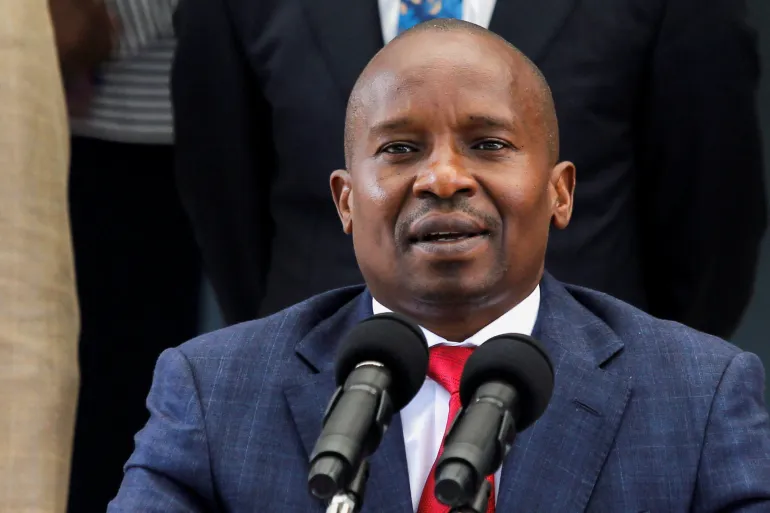Deputy President Kithure Kindiki has lauded the newly enacted Conflict of Interest Act, 2025, describing it as a transformative tool in Kenya’s battle against corruption. Speaking shortly after President William Ruto assented to the bill at State House, Nairobi, Kindiki said the law decisively seals long-exploited loopholes that have enabled public officials to misuse state resources.
According to Kindiki, the Act delivers a “phenomenal blow” to corrupt networks by eliminating avenues through which public servants have previously siphoned funds, often through proxies or unethical dealings. “The new law not only closes the loopholes corrupt officials have been exploiting to steal money from public coffers, it also makes it much more difficult for them to use proxies to advance corruption,” he stated.
The Conflict of Interest Act, 2025, consolidates and strengthens all laws relating to conflict of interest, replacing the outdated Public Officer Ethics Act. It grants the Ethics and Anti-Corruption Commission (EACC) greater authority and sharper tools to enforce compliance with Chapter Six of the Constitution on leadership and integrity.
The legislation places strict prohibitions on public officers from engaging in self-serving behaviour such as offering preferential treatment, securing future employment through influence, or contracting with entities they oversee. It also restricts officials from holding secondary employment that may conflict with their official duties.
Importantly, the Act introduces a biennial declaration requirement for income, assets, and liabilities—including those of spouses and dependents—thus expanding transparency. Notably, the law now includes top officials such as the Chief Justice, Cabinet Secretaries, and Members of County Assemblies, who had previously been exempt.
Additionally, the Act introduces a 90-day deadline for resolving conflict of interest investigations, bars concurrent investigations by multiple agencies, and sets out a structured process for public complaints.
Kindiki emphasized that the enactment empowers the EACC to escalate its fight against graft and restore public trust in governance. “The Commission now has the levers to advance the fight against graft, abuse of power, and the manipulation of public trust for private gain,” he concluded.
The law is expected to usher in a new era of accountability, marking a significant step in Kenya’s anti-corruption reforms.

